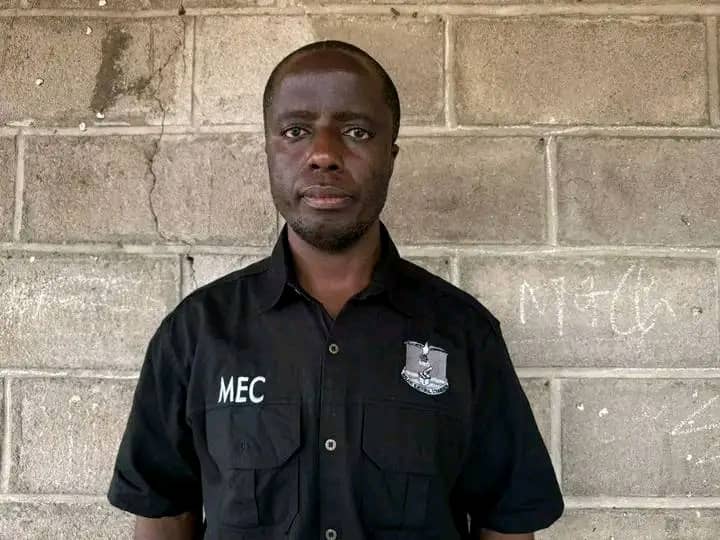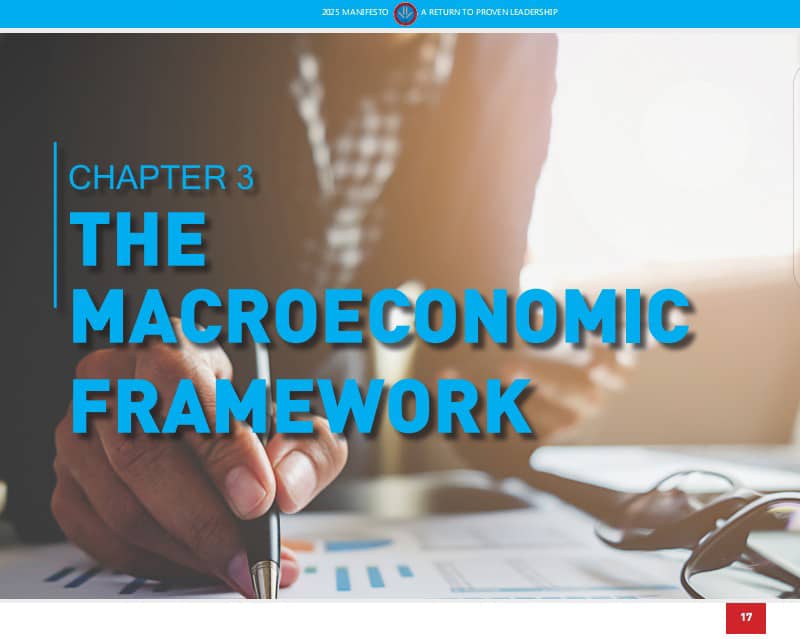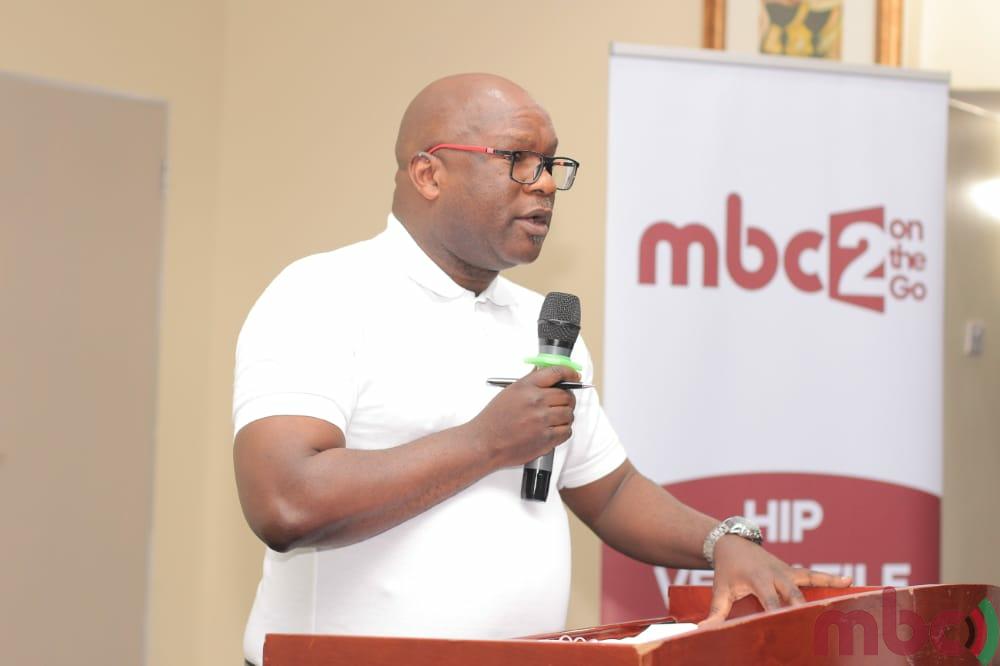By Burnett Munthali
A viral message alleging electoral misconduct by the Malawi Electoral Commission (MEC) has sparked widespread concern and confusion ahead of the 2025 general elections.
According to the circulating claims, what was supposed to be a routine ICT training for MEC staff on the transmission of the 16 September 2025 election results turned into a scandal.
It was alleged that during the test run on Smartmatic transmission machines, instead of producing sample or test results, the machines reportedly printed copies of the Malawi Congress Party (MCP)’s 2025 manifesto.
This development, if true, would have been deeply alarming given that official campaigning has not yet begun, and there is no plausible reason for a political party’s manifesto to appear on MEC equipment.
The message further accused unnamed individuals and the ruling MCP of plotting to rig the upcoming elections by infiltrating MEC systems with party propaganda materials.
Such a claim immediately raised concerns about the independence and integrity of MEC as the body mandated to deliver free, fair, and credible elections in Malawi.
Following the emergence of the story, Burnett Munthali reached out to MEC Director of Media and Public Relations, Sangwani Mwafulirwa, to verify the truthfulness of the allegations.
Mwafulirwa responded promptly, stating clearly that the allegations are “entirely false” and urged the public to “ignore it in its entirety.”
Despite the denial, the timing and content of the viral message have already fueled anxiety among voters and stakeholders about the credibility of the electoral process.
The MEC official questioned the authenticity of the document referenced in the allegations, particularly asking about the header and the context of the alleged printed material.
The rapid circulation of unverified reports on social media is becoming a key challenge for institutions like MEC as they prepare for critical national processes.
This incident underscores the importance of fact-checking and media responsibility, especially in the lead-up to high-stakes democratic exercises.
It also highlights the necessity for the electoral commission to maintain transparency in its operations and continue engaging with the public to dispel misinformation.
As it stands, MEC has made its position clear: the allegations are baseless and malicious, and the public should treat them as such.
Nevertheless, this episode has once again brought to the forefront the heightened political tensions and suspicions that often accompany Malawi’s electoral cycle.
With only months to go before the elections, institutions, media, and citizens alike must remain vigilant against disinformation that could derail democratic progress.
MEC is expected to continue with its transmission tests and preparations, ensuring that all systems are secure and trustworthy ahead of the 2025 polls.
Meanwhile, political parties and stakeholders are urged to refrain from spreading false information and instead focus on contributing to peaceful and credible elections.




